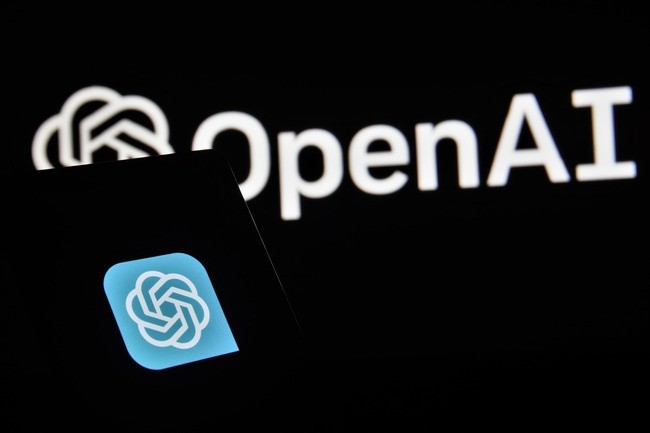People have been talking a lot lately about something called Generative AI.
Both the general public and tech enthusiasts have been quite interested in it. Excellent models like DALL-E 2, Bard, and ChatGPT have been the focus of this attention increase due to their remarkable capabilities.
A universe of artificial intelligence that is amazing at creating all kinds of things-text, images, sounds, even bogus data-is revealed when we go into the realm of generative AI. It's really simple to use, which is good. These technologies' extremely user-friendly interfaces enable people to quickly create excellent material, including text, images, and videos.

How Does Generative AI Operate and What Is It?
A form of artificial intelligence called Generative AI allows machines to produce various content based on inputs. It's becoming more and more popular because it produces excellent text, graphics, and music with ease and its talent for creating excellent material in each of these formats is what's making it so popular.
This technology uses artificial intelligence (AI) algorithms to process prompts and generate various outputs, including essays and lifelike compositions.
Previous incarnations, which frequently involved APIs and programming languages like Python, required intricate procedures and specialized knowledge.
Currently, operational Generative AIs, such as Microsoft's Bing-powered models, Google's BARD, DALL-E, and ChatGPT, have democratized content creation for a wider audience by streamlining usage.
Time-Saving and Improving Production
One of the goals of generative artificial intelligence is to maximize efficiency and save time. This rapidly developing technology can drastically increase productivity by changing how we approach work.
According to McKinsey Global Institute predictions, AI will automate 50% of tasks, easing various operations.
Generative AI applications result in significant time savings: 30% less time is spent editing, 70% less time is spent preparing documents, and 3.5 hours less time is spent creating material for social media each day.
It reduces presentation preparation time by twenty hours and quickly extracts essential information from papers, potentially saving 1.8 hours daily. These illustrations highlight the revolutionary potential of generative AI in the workplace and provide insight into how it may improve output and quality of life.
AI Benefits the Future With Good Use
AI, with massive language models and generative capabilities, has the potential to transform healthcare completely.
The way Michael J. Fox feels about family is similar to how AI has the potential to save lives all around the world. With chronic diseases responsible for 90% of the $4.1 trillion in healthcare costs in the US each year, they present a severe threat.
Life sciences have difficulty deciphering this complex system because there are only 0.1% genomic differences among the approximately 3 billion DNA bases in the human genome.
AI excels at processing large datasets quickly and reliably, which is essential for deciphering these changes and comprehending the underlying causes of disease. Quick AI-driven insights have great potential to change healthcare outcomes by preventing and curing diseases.
AI Enhances Patient Care and Accelerates Drug Development
TGen is a precision medicine company that uses AI, high-performance computing, and data analysis to quickly sequence genomes, cutting the turnaround time from six years to 24 hours.
They set a record for speed in translating lab results into patient therapies and by predicting drug candidates and molecular structures, generative AI expedites drug discovery and lowers costs by 10% to 15%, according to McKinsey.
This efficiency is a breakthrough, considering that $328 billion is spent yearly on research and development in the biological sciences.
Artificial intelligence (AI) speeds up clinical trials and improves drug efficacy and safety judgments by finding qualified candidates and supporting data analysis.
Researchers can save time and money by using artificial intelligence's natural language processing to analyze medical literature, leading to better results quickly.
Automation of Patient Care
Generative AI is revolutionizing personalized medicine, which quickly integrates various patient data, including clinical, genetic, and medical literature, to customize treatment regimens and also, AI-predicted patient responses enhance treatments and provide individualized care.
AI analysis that automates medical imaging speeds up the diagnosis process from MRIs, CT scans, and X-rays, improving patient outcomes and early disease identification.
Furthermore, AI-powered natural language processing simplifies the arrangement of medical records, relieving healthcare providers of some of their administrative burdens, and this methodical technique helps identify trends and makes patient data analysis findings easier.
Related Article: AI-Powered Innovations: UIC Researchers Introduce Cutting-Edge Dentistry Tech with Blockchain and Phone Scans
© Copyright 2026 Mobile & Apps, All rights reserved. Do not reproduce without permission.
















